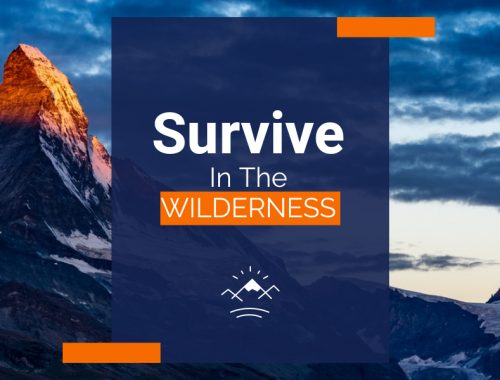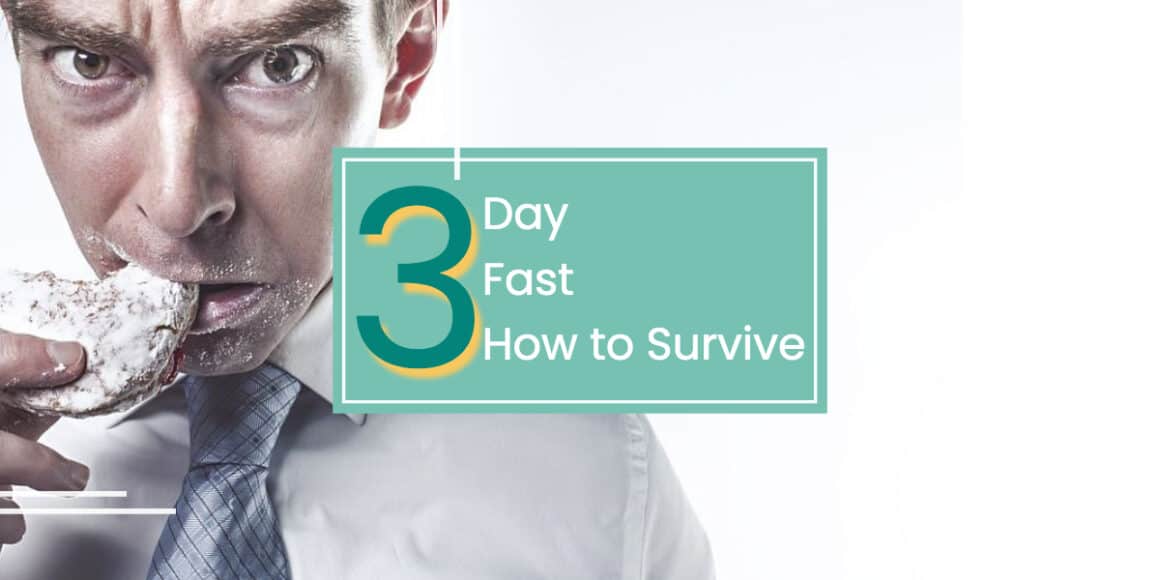
3 Day Fast: Improve Your Health
The 3 Day Fast is a healthy way to cleanse the body and improve your overall health. It may provide you with many benefits including improved energy levels, lower blood pressure, improved skin complexion, and reduced cholesterol levels. This article will help you get started on your three-day fast and will provide a helpful list of tips to make it easier. We will be exploring the experience of a 3 day water fast. That means, not eating for 3 days and only drinking water during this period.
Table of Contents
What is fasting?
Fasting is the act of refraining from both food and certain drinks for a specified amount of time. It helps your body by giving your digestive system a break and allowing it to catch up on any work that needs to be done. This may benefit digestion and boosts the immune system.
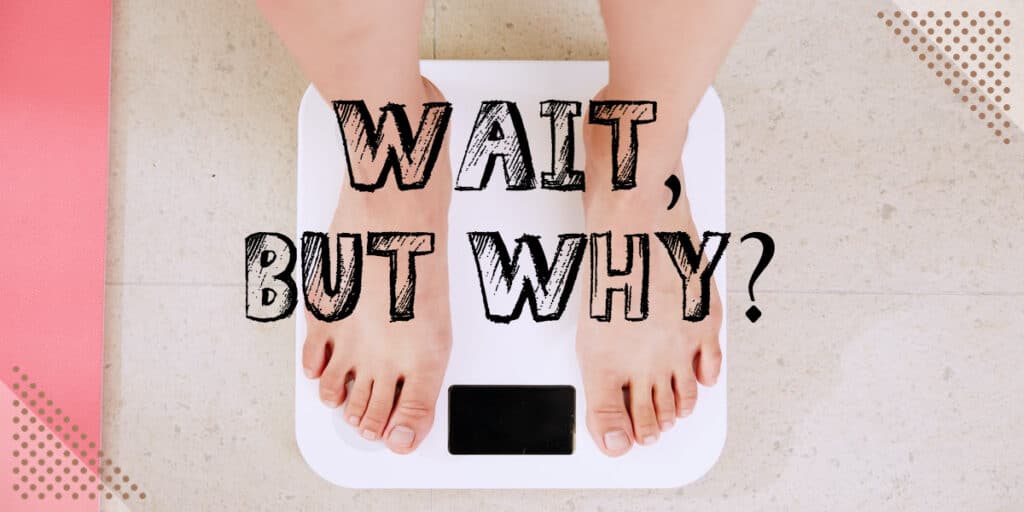
Why do people fast?
The benefits of fasting have been touted for centuries. Ancient Greeks, Romans, and Buddhists all designated periods without food to cleanse the body and mind. In recent years, doctors are have also started recommending short fasts as a way to improve one’s health.
Fasting is a spiritual practice.
Fasting is a spiritual practice for many people. It can be seen as a way to become closer with the Divine, and it provides time away from worldly distractions, which allows for an inner journey of self-discovery. Fasting also helps one control their appetite by establishing new eating habits that help them in everyday life.
The history of fasting goes back millennia in both Eastern and Western cultures. Fasting was a part of many religious and spiritual practices, as well as being an ancient form of treatment for sickness.
Fasting to lose weight
Fasting is an effective way to lose weight. Because you stop eating, your body starts to burn fat and this can cause weight loss.
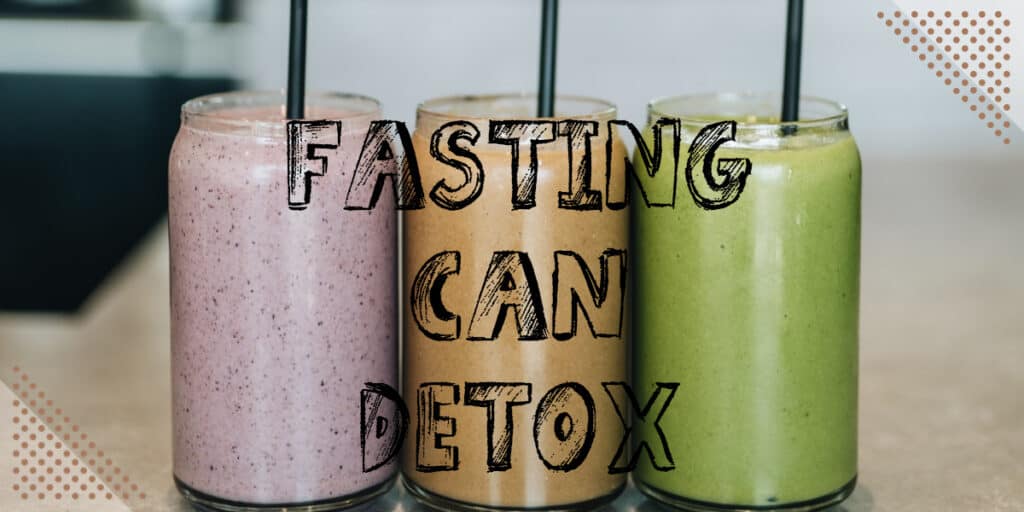
Fasting to detox
Some people use fasting as a form of detox. While fasting, the body uses up its glucose and fat reserves, which causes the liver to process fatty acids more quickly. This produces ketone bodies, which are known for their antioxidant properties that also help prevent degenerative diseases like cancer.
Fasting as a form of self-control
Fasting can be an act of self-discipline and self-control. It encourages you to avoid indulging in things that are bad for your health.
Start Small
If you’ve never fasted before, it is best to start with a shorter fast before you jump into longer ones. A three day water fast may be the time for you to experiment with fasting while providing your body enough nutrients and energy so that all its systems are uninterrupted.
How can I get started?
There are many different types of fasting, but we will explore the experience of a water fast. This means, not eating for three days and only drinking water during this time. If you’re ready to start your own three day fast then here are some helpful tips:
- Start on an easy day – fasting is harder when you’ve burned a lot of energy.
- Drink plenty of fluids while fasting – pure, clean water is best.
- Do not drink any other liquids – Coffee and tea are permitted if you must. However, be cautious because these drinks can cause dehydration while fasting because they are diuretics. Stay away from other drinks such as milk and juice.
- Eat light on the first day to prepare your stomach for a break from food.
- Prepare yourself mentally by meditating or doing yoga before you start.
- Try to do something you enjoy – read a book, watch tv, take a bath. This will keep your mind occupied and make the time go faster.
- If you are going for three days without any food or drink then it is recommended that you get plenty of sleep on the second day so that your body can recover from being without food.
Preparing for your 3 day fast
To perform a 3 day water fast, you will need to be completely committed. It is an extended period in which you will be without food or drink. The first day can be difficult because many people report feeling hunger pangs for the first few hours, but hunger pangs usually go away after a couple of days.
Some people may choose to undertake a juice fast instead of or in addition to the water fast. This is also referred to as juice cleansing. The benefits are still the same but it provides more energy during the process because you’re drinking fruit juices and other liquids that can provide carbohydrates for fuel in your body when you feel hungry.
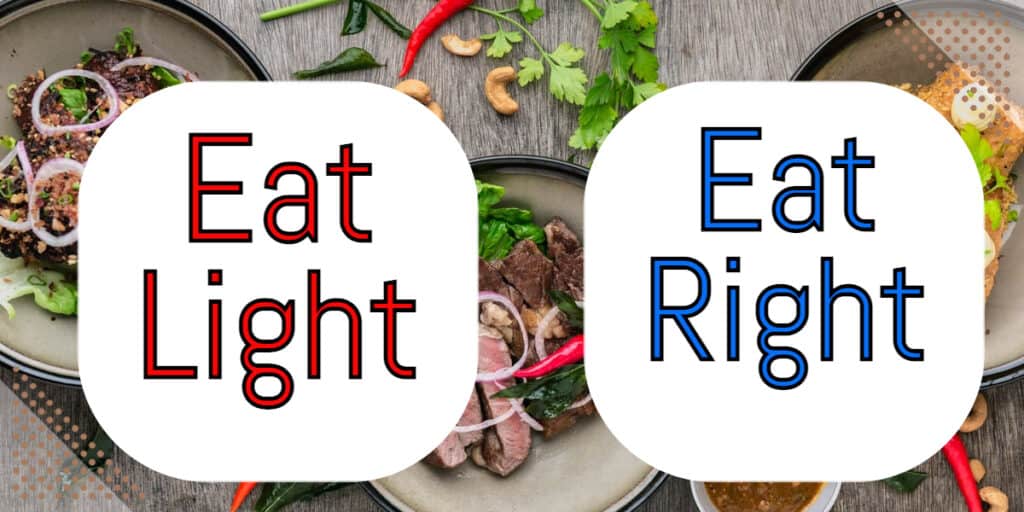
What to eat before your fast?
You mustn’t overeat before, after, or in the middle of a water fast because this can make symptoms worse and interfere with one’s ability to complete their fast.
What should you drink?
Water is the only thing that should be consumed during a water fast. It can help to add lemon juice into your drinking water because it provides more flavor and will make fasting easier.
Make sure to drink lots of water throughout
It’s important to stay hydrated because dehydration can be a side effect of fasting. This is especially true if you are feeling hungry and experiencing cravings, which can cause your body to experience a lack of energy.
If you need more water during the fast then try drinking coconut water or green tea because these will provide some extra minerals that may help balance out any negative effects from long periods of fasting.
3 day fast: what to expect on day 1
Day one is the hardest because you will feel hungry and tired. Sleep can be difficult, which is why many people try to complete a fast at night so that they can sleep through most of it.
The first few hours can also be tough because fasting causes withdrawal from caffeine and sugar in particular. This means that if someone has a high intake of these substances, the withdrawal symptoms could be more severe.
You may experience hunger pangs, tiredness, and sleep difficulties. The first few hours can also be tough because fasting causes withdrawal from caffeine and sugar in particular, so if you have a high intake of these substances, the withdrawal symptoms could be more severe.
What to do if you have a sudden urge for food?
If you have a sudden desire to eat, it is important not to give in because that can lead to giving up on your fast altogether. When you’re craving something to eat, distract yourself. Take a short walk or read a book, and most importantly, remember what your goals are for fasting and why you chose to fast in the first place.
3 day fast: what to expect on day 2
On day two, some people report feeling energized and excited to have completed one more day. For others, it is a struggle because they are still experiencing hunger pangs at this point.
Some people report a lack of energy because they are not consuming any food. This is why it is important to drink plenty of fluids. Don’t give up! The lack of energy can make everything seem like a chore, but you must persevere.
3 day fast: what to expect on day 3
The final day is the easiest. People feel energized and are proud that they have completed a long-term fast for three days.
It’s important to remember why you undertook this in the first place because, after these three days, your body will be craving food again so it can be difficult not to overeat when you start eating again.
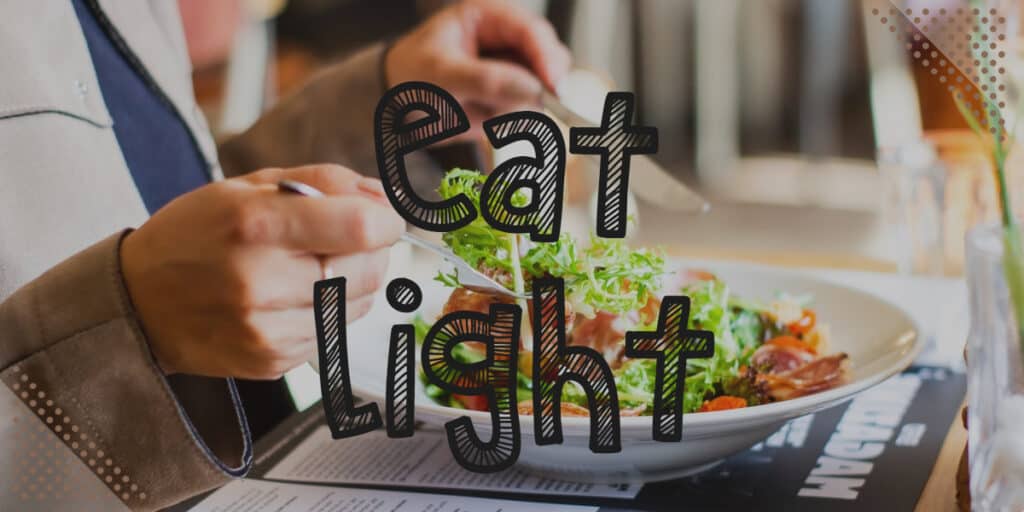
How to break your 3 day fast
You did it!
It’s important to break a fast in stages because if you start eating too much food, it can lead to stomach aches or other digestive issues. You should start with fruit juices and slowly work up from there. It is also recommended that you eat light meals for the first few meals after breaking a three day water fast.
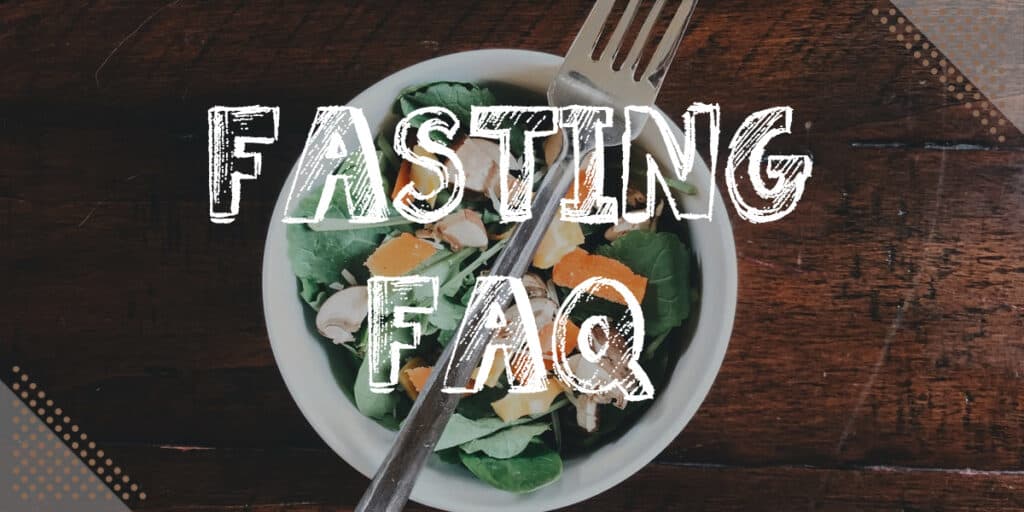
FAQ
How long should I fast?
How long you should fast for depends on your goals. If you are fasting for weight loss, a three day water fast may be the right choice. If you want to detox your body and improve your health, or if you’re fasting as part of religious practice, then you should adjust accordingly.
Is fasting dangerous?
Fasting is not dangerous as long as you are properly hydrated and have a goal in mind. It might be dangerous to fast for more than three days without the proper supervision and care of a doctor who can provide guidance.
There may be side effects of fasting. These may include headaches, lightheadedness, and dizziness due to dehydration or weakness from lack of food intake, but this is perfectly normal.
What can I eat during my three day fast?
The short answer, nothing. The long answer, you can drink water.
But I’m hungry! What if I want food?
Hunger pangs are normal during fasting as your body adjusts itself to not having any food. No pain, no gain :). If you are experiencing signs of dehydration then it’s important to drink plenty of water during this time so that your body can properly adjust to the fast.
What happens when I break my three-day fasting?
After a long fast like this, your body will be craving food again which as mentioned before, is important to break a fast in stages. It’s recommended that you eat light meals for the first few meals after breaking your three-day water fasting and drink plenty of fluids so that your body can properly adjust from having no food for an extended period.
You may also start by breaking your fast with some fruit juices before transitioning to solid foods.
What are the benefits of fasting?
Fasting may cause autophagy, which is when the body breaks down old and damaged cells to provide more energy. Symptoms of autophagy may include fatigue, nausea, dizziness, or a headache but this just means that your body is releasing toxins from your system.
Fasting can also be an adaptive process because it will change how you feel about food and make you less likely to overeat.
Fasting can also help you lose weight as cells that store fats will experience a decrease in mass because they are not being fed any nutrients and the body is burning through fat stores for energy, which helps to burn calories faster. Fasting may improve your mood, reduce chronic inflammation and promote longevity so it’s important to take care of yourself, your health, and your well-being.
The water fast may help fix health problems that might not respond well with other types of diets such as acid reflux, high cholesterol, and diabetes.
Best practices when fasting:
Fasting can be a positive experience if you have a goal in mind, but it’s important to have a plan in place for the fasting period.
It’s best to avoid strenuous exercise and heavy works during this time because both of these can lead to increased hunger pangs which will make it more difficult not to eat. It is also recommended that you do not get intoxicated or go without adequate sleep as well, so aim for at least eight hours of sleep each night and avoid drinking alcohol to break the fast.
Stop fasting if you don’t feel well
Hunger pangs are normal during fasting. However, if you feel that you are pushing yourself beyond your limit, it’s important to stop fasting. If you continue along this path, it can lead to a dangerous situation and may even cause someone to overeat when they break the fast because their stomach is in pain from not having anything for so long.
A fast conclusion
Fasting is an important part of any person’s diet, not only because it can help with various health problems. It also promotes healthy eating habits and encourages followers to break away from bad ones.
It is also important to note that fasting doesn’t have to be a negative experience and can lead to many positive outcomes if you have patience and an open mind. It’s not really about feeling good or bad, but more so about finding something that works for you. Each individual is different and has their own set of needs when it comes to fasting.




